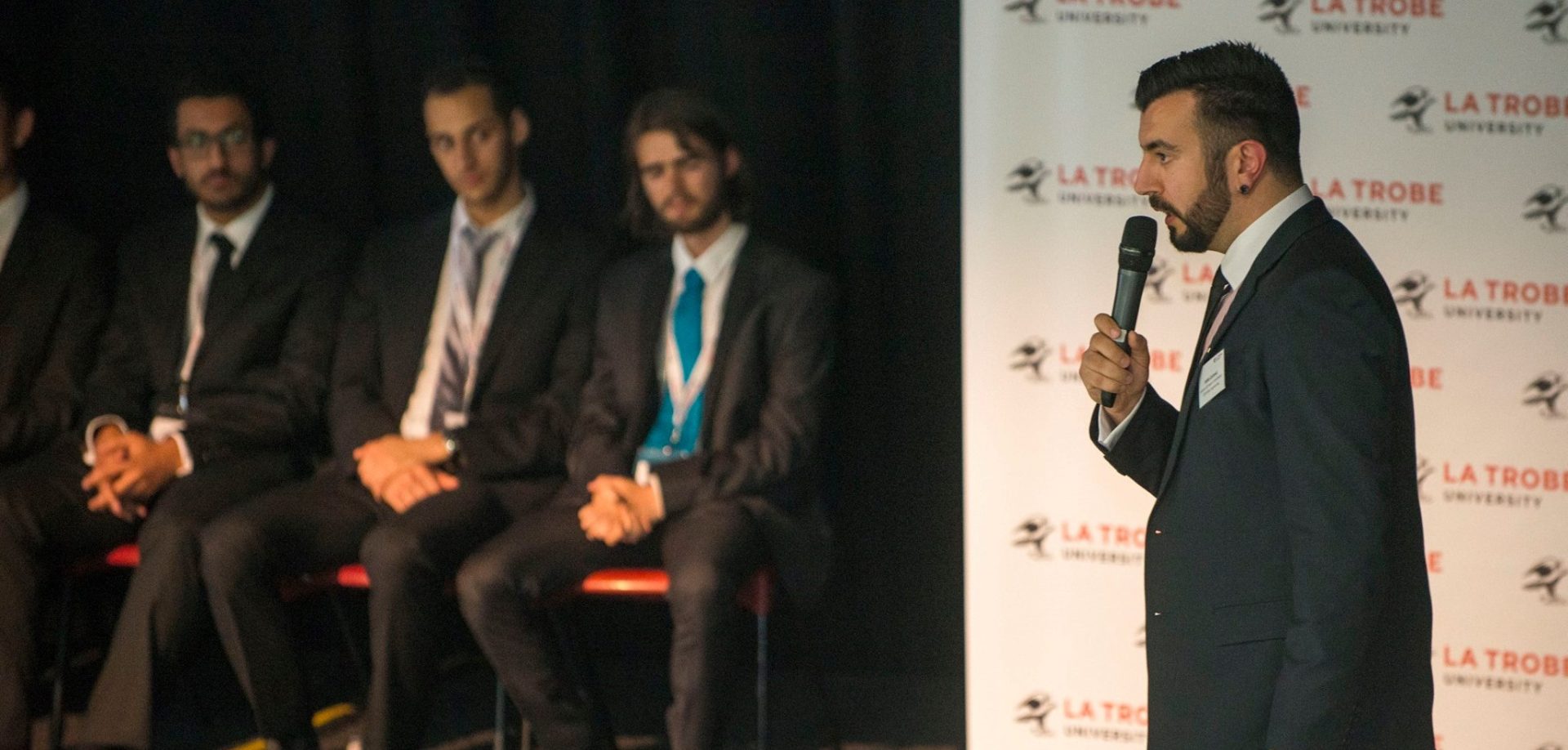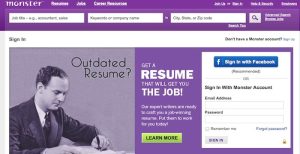It is 9 am Monday morning and for many people it is a day just like every other. However, it is late September and in the southern hemisphere (in my case Australia) it is summer internship application period. During the last two weeks of September I will meet with dozens of students looking to secure one of many highly competitive work experience positions. My inbox is flooded with emails related to CV structure, cover letters, interview advice and if there is sufficient mention of projects/technical content in a job application. What I find in 99% of engineering and technology students is that their key sales point to industry tends be along the lines of “I am a good coder”, “I am a great electronics designer”, “I am an outstanding mechanical engineer”, “I am highly proficient in the use of CAD” and the list goes on. I think by now you get the point. Historically students in STEM careers have ignored the “soft skills”, often brushing them aside to hone in more of the tech crunch. The 21st century engineer can no longer expect to find jobs solely on their ability to solve problems.

“Stand out in the crowd with a well defined set of soft skills” says Dr. Eddie Custovic
In a recent survey 77 percent of employers surveyed by careerbuilder.com said they were seeking candidates with soft skills — and 16 percent of the respondents considered such qualities more crucial than hard skills. Soft skills relate to the way employees relate to and interact with other people. Another study conducted by Millennial Branding said employers ranked placed the most emphasis on: communication skills, a positive attitude and the ability to work in a team, all of which can be labelled soft skills or emotional intelligence. Hard skills, on the other hand, are teachable abilities or skill sets that are easy to quantify, such as a proficiency in a computer programming language. In today’s world employers have an expectancy that graduates will come to an organization already in possession of soft skills. When employees lack these basic soft skills, it can hurt the overall success of the organization.
While there are endless articles on which soft skills matter most, I have taken the liberty of creating a summary of 10 that are crucial:
1. Effectively managing your time and being organised Time management is one of those skills that we often feel we are failing at as students. Late assignments? Missing a class? Forgot to do your preliminary reading before a laboratory session? During your studies you will be introduced to the concept of project management which contains an element of time management. Your undergraduate degree should serve as a testing ground to hone in on your time management skills. 8 semesters of studies will allow you to experiment with different ways of keeping track of time. Some of you prefer keeping notes in a diary and others will use a digital diary/calendar to keep track of tasks. It is important that have time management and organizational skills that stand out. There is not much room to missing meetings and project deadlines when out in industry. Missing project deadlines can often have grave consequences for the organization you work for.

2. Working under pressure. Many of you have pulled an “all-nighter” during your undergraduate studies. Drinking red bull or coffee to give you that extra few hours of concentration need to complete an assignment or project. While learning good time management skills can help you minimize the frequency of these taxing situations, they are likely to occur from time to time in a demanding job. This is particularly true if you are wanting to make an impact early in your career.While “working smarter, not harder” is a term often thrown around, evidence shows that putting in the extra hours from time to time early in your career delivers results. You will not go unnoticed. It might come as a surprise that the ability to focus all your energy on something is a skill you often utilize in the workforce.
3. Being dependable. Employers value workers they can rely on to get the job done. There’s nothing better than an employee who is on time every time and is highly reliable. Your managers will be under enormous pressure to deliver outcomes. Having employees who can take on tasks with confidence can alleviate some of the pressure from management.
4. Being creative and innovative. Whether you are an IT professional or biomedical engineer, creativity is what sparks change in the workplace. Finding a unique solution and thinking outside of the box is what standout graduates do. During interviews you will most likely face questions such as “Please tell us about a time when you were assigned a tasks and how you dealt with it”. This is the time to demonstrate your creative thinking and ability to provide innovative/non conventional problem solving. The challenges we face in industry often require solutions that fall outside of what we normally expect to see. A great example of a large scale creative solution is the construction of the Burj-Khalifa tower in Dubai. To ensure the concrete of the mega structure cured properly, ice blocks were thrown into concrete and poured over night.

5. Voicing opinions while being open to feedback. Employees who are confident in their ideas but open to feedback can play influential roles in a workplace. During a brainstorming session, for example, such an employee would not only share ideas but also challenge others’ by asking thoughtful questions. This can create a stimulating discussion and even spark innovation. As a graduate you should ask yourself the following questions; Are you open to training and advice? If someone senior in the organization made a comment about your work (feedback), how would you react (defensive or acknowledge it)? Accepting negative feedback in a graceful manner speaks volumes about an individual and their character.

6. Solving problems. Especially for fast-paced organizations, strong employees can think critically and effectively solve problems. Are you generally a resourceful person? Even if you don’t have all the answers, would you be able to look for them? Know what to do? People who take ownership and are ready to own up their mistakes are highly regarded by the organisation. A typical question you will face during an interview in this area is: “Please provide an example of a time when you had to overcome a challenge in the workplace”. This will help a hiring manager gauge the candidate’s ability to solve problems, be resourceful and face obstacles at work.
7. Coaching and mentoring of co-workers. According to Millennial Branding report, 92 percent of employers value strong teamwork skills. Strong employees are individuals willing to help co-workers and coach them along the way. Let’s say a new employee has been hired and added to a group project. The new employee probably doesn’t have a clue about what’s going on yet. In this scenario, an employee who’s been on the team a while should take the new worker under his wing and coach the person through the new project.

8. Taking initiative. An employee demonstrates initiative by coming up with an idea and putting it into action. For example, an employee might develop an idea for social-media marketing campaign that will build awareness for the organization. Don’t always wait to be assigned a task, if you can see a problem take initiative to see how you can contribute in solving it.
9. Being flexible and focused. Deadlines and projects can change at a moment’s notice. Employees need to quickly adapt while remaining focused on meeting deadlines. For example, an employee may have just received an assignment and deadlines for the week. But Wednesday arrives and the manager decides everything needs to be shifted to arrive a day earlier. A flexible employee would be able to quickly adapt to these changes and focus on projects with top priority.
10. Developing new work processes. Employees with the ability to analyze work processes and discover new ways to complete them efficiently are valuable to employers. Not only does this save employers time, but it can also add to the bottom line.
Have other soft skills that you believe should be in this list? Let us know.
Article contributed by Dr. Eddie Custovic, Editor-in-Chief, IMPACT by IEEE Young Professionals
Tags:Career PlanningEducationLeadershipsoft skills






